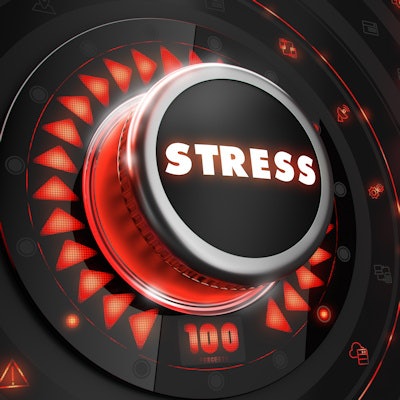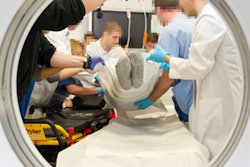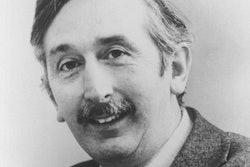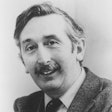
Burnout makes patient safety incidents twice as likely to occur, and clinicians experiencing burnout are four times more likely to be dissatisfied with their jobs, according to a report published on 14 September in the BMJ.
There's a particular link between burnout, patient safety, and emergency medicine, wrote a team led by Alexander Hodkinson, PhD, of the University of Manchester in the U.K.
"Healthcare organizations should invest more time and effort in implementing evidence-based strategies to mitigate physician burnout across specialties, and particularly in emergency medicine and for physicians in training or residency," the group noted.
Burnout is characterized as "emotional exhaustion, cynicism, detachment from the work, and a sense of reduced personal accomplishment," the journal said in a statement. In the U.K., one-third of medical residents report burnout, while in the U.S., four in 10 clinicians report at least one symptom of the condition, the BMJ said.
Hodkinson and colleagues conducted an analysis that included 170 observational studies on burnout that involved 239,246 physicians. The team found the following:
- Clinicians experiencing burnout were four times more likely to be dissatisfied with their jobs.
- Burnout and poorer job satisfaction were greatest in hospital settings.
- Physicians between the ages of 31-50 and those working in emergency medicine and intensive care were most affected.
- Burnout was lowest in general practitioners.
"Burnout is a strong predictor for career disengagement in physicians as well as for patient care," the authors wrote. "Moving forward, investment strategies to monitor and improve physician burnout are needed as a means of retaining the healthcare workforce and improving the quality of patient care."



















